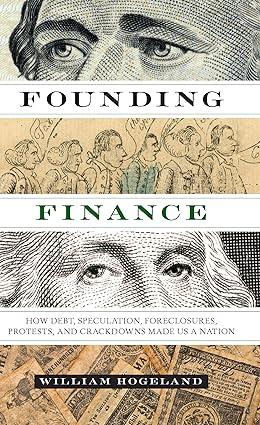Question
Question 17 If a New Zealand FX speculator sells USD that the speculator currently does not hold the speculator has entered into a: Select one:
Question 17
If a New Zealand FX speculator sells USD that the speculator currently does not hold the speculator has entered into a:
Select one:
a. a long position in the USD.
b. a long position in the NZD.
c. None of the given choices.
d. a hold position in the USD.
e. a short position in the USD.
Question 18
Which of the following statements is/are INCORRECT?
Select one:
a. T-bill rate is the only benchmark rate in New Zealand.
b. Retail investors do not participate in money markets.
c. There are both secured and unsecured securities in money markets.
d. Negotiable certificates of deposit are money markets securities.
e. a. and b.
Question 19
A firm prepares to raise funds from the equity market, it can consider the following ways EXCEPT:
Select one:
a. Initial public offering
b. Placement
c. Seasoned offering
d. Rights issue
e. Secondary market offering
Question 20
Derivatives are the financial instruments that are typically:
Select one:
a. None of the given choices.
b. financial assets, such as shares and bonds that derive their value from the value of the company that issues them.
c. financial assets that derive their value from underlying assets.
d. financial assets whose rates of return must be derived from information published in financial pages.
e. derived by investment banks, which then trade them.
Question 21
The FX party that conducts buy and sell transactions in two or more markets simultaneously to take advantage of price differentials is called a:
Select one:
a. FX speculator.
b. FX arbitrageur.
c. FX hedger.
d. FX investor.
e. FX agent.
Question 22
Over the lifetime of a bond, the coupons that have been received by the holder of the bond are exposed to:
Select one:
a. liquidity risk.
b. price risk.
c. None of the given choices.
d. reinvestment risk.
e. financial risk.
Question 23
In the futures markets, hedgers are mainly interested in:
Select one:
a. attempting to make a profit by simultaneously taking advantage of a buy and sell price difference between markets
b. increasing market liquidity.
c. attempting to make a profit by purposely taking risk.
d. offsetting the price or rate change in the cash or physical market.
e. reducing the spread between the bid and ask prices.
Question 24
Euro-denominated bonds issued by a Korean company in Germany are called:
Select one:
a. eurobonds.
b. Yankee bonds.
c. ADRs.
d. bulldog bonds.
e. foreign bonds
Step by Step Solution
There are 3 Steps involved in it
Step: 1

Get Instant Access to Expert-Tailored Solutions
See step-by-step solutions with expert insights and AI powered tools for academic success
Step: 2

Step: 3

Ace Your Homework with AI
Get the answers you need in no time with our AI-driven, step-by-step assistance
Get Started


